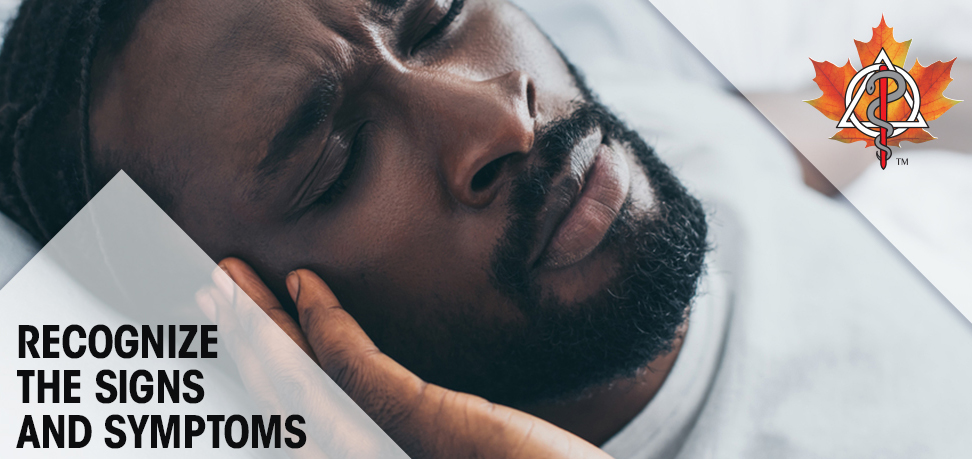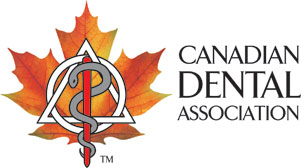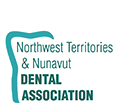
Bruxism involves involuntary patterns of clenching, grinding or gnashing of teeth. It's often a condition that adults and children suffer from without knowing it. The degree and level of bruxism can vary throughout a person's life. In severe cases, individuals can experience severe facial pain, while others may not experience significant discomfort, at first.
Individuals who are prone to teeth grinding often do so while sleeping. Many times, sound is the first indicator of this habit. If someone grinds their teeth while sleeping, it's not uncommon for a partner, spouse or parent to hear it first. Teeth grinding also happens more often when you're asleep because more pressure is placed on your teeth, compared to when you're awake.
Jaw clenching happens when you are tense and awake. Examples include while working at a computer, attending meetings, or performing other activities that require your close attention, such as driving.
Risks
Bruxism can place extreme pressure on your teeth. Prolonged teeth grinding or jaw clenching can lead to cracked or broken teeth, broken crowns and fillings, increased risk of gum problems, and greater stress on your jaw joints and muscles. It's important to look for early signs and symptoms of bruxism to avoid impacting your oral and overall health.
Signs and Symptoms
Signs of bruxism can be subtle at first, but they can lead to permanent damage, if left untreated. If you grind your teeth, you may have symptoms when you wake up, but they can quickly fade away. If you clench your jaws during waking hours, symptoms are often more noticeable later in the day. Other signs of prolonged bruxism include:
- Aching teeth or jaws, especially when you first wake up or eat breakfast
- Facial pain or stiffness in the temples, especially after waking up
- Headaches
- Earaches
- Tooth sensitivity, fractured teeth, or the feeling of loose teeth
- Sensitivity to hot and cold food and drinks
Causes
Underlying causes of teeth grinding or clenching can be aggravated by elevated stress or anxiety levels. It is therefore important to be aware of potential triggers. An overall management approach, involving other health professionals, such as physiotherapists or psychologists, might also be needed to identify causes and lessen symptoms.
- Anxiety and/or stress
- Interrupted sleep
- Crooked, misaligned and/or missing teeth
Diagnosis and Treatment Options
Tell your dentist as soon as possible if you notice any signs or symptoms of bruxism. Even if you're not sure that bruxism is the cause of what you're experiencing, consulting your dentist early on can limit any damage to your mouth. Only your dentist has the education and expertise to perform an oral exam, provide a diagnosis and recommend treatment options that are right for you.
For example, if you have crooked, misaligned, or missing teeth that are causing bruxism, your dentist may recommend treatment to correct these other underlying issues.
If you're grinding your teeth while sleeping, your dentist may recommend wearing a custom mouth guard, which can help even out the pressure across the jaw and create a physical barrier between the upper and lower teeth to protect them from damage. Some patients are able to wear mouth guards more successfully than others.
Tips to Prevent Bruxism
- If you clench your jaws while awake, try to be more aware of this habit and attempt to correct the behaviour as it occurs. Your dentist can suggest some techniques to help you relax or keep your teeth apart during the day.
- Find ways to unwind and relax before bedtime to help you sleep better.
- Practise stress-reducing activities, such as staying physically active, yoga and meditation, deep breathing exercises, massage therapy, listening to music and/or taking a bath.
- Limit your caffeine and/or alcohol intake and have balanced nutrition.











